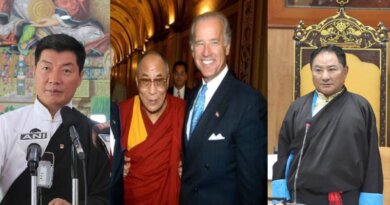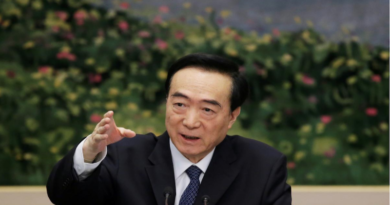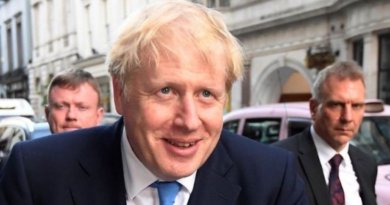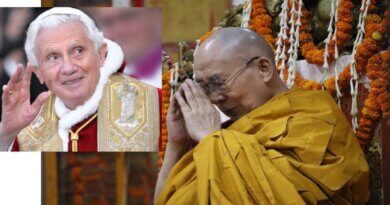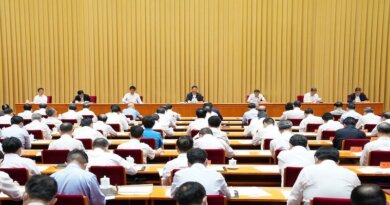Tibet Issue Remains Friction Point as India-China Seek Normalised Relations
By Tenzin Chokyi
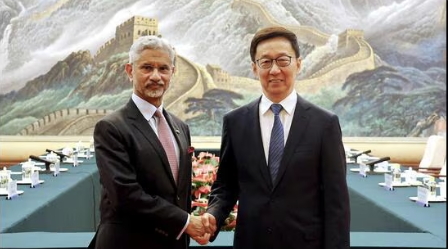
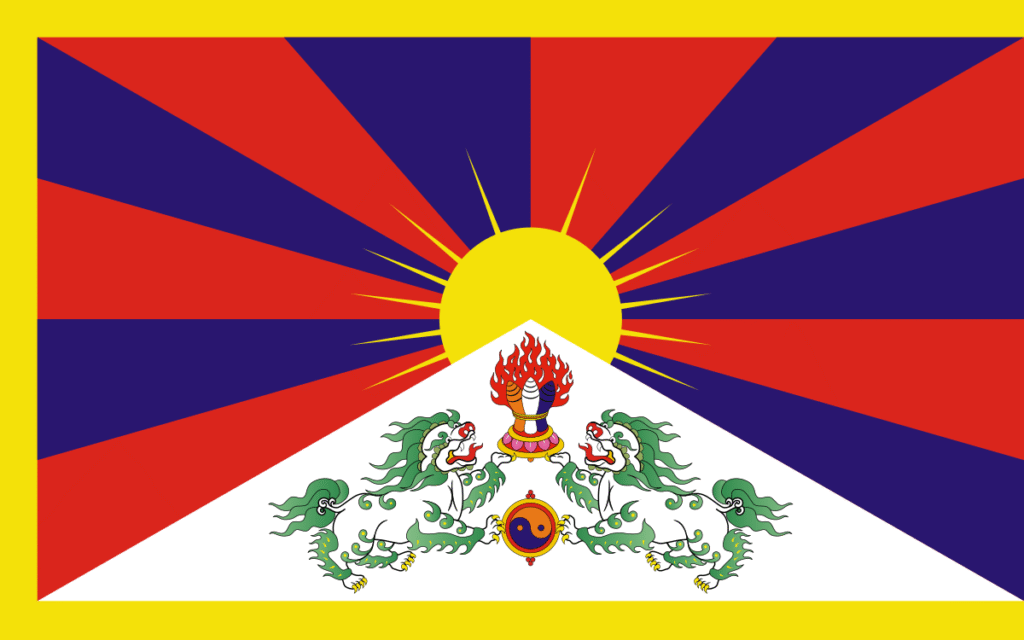
DHARAMSALA, 14 July: A week after the historic 90th birthday celebration of the 14th Dalai Lama of Tibet at his official exile residence in Dharamsala, India’s Foreign Minister S. Jaishankar today called for “continued normalisation of ties” between India and China during his meeting with Chinese Vice President Han Zheng in Beijing.
According to Hindustan Times, Jaishankar met Han in Beijing shortly after arriving in China to attend a meeting of foreign ministers of the Shanghai Cooperation Organisation (SCO) scheduled to be held in Tianjin on 15 July. This is his first visit to China since the bilateral ties were hit by the Galwan border clashes in 2020.
In widely reported remarks, the Indian minister has welcomed the “steadily improving” bilateral relationship between the two Asian giants since the meeting between Prime Minister Modi and President Xi Jinping in Kazan Last October and said, “Continued normalisation of our ties can produce mutually beneficial outcomes”.
Acknowledging the complex international situation, the Indian side has insisted on the importance of “an open exchange of views and perspectives” between India and China as “neighbouring nations and major economies”.
According to China’s state news agency, Xinhua, Vice President Han has stated that India and China need to advance practical cooperation and respect each other’s concerns to ensure the stable development of bilateral ties during the meeting.
However, there has been a clash of views between the two neighbouring nations on the reincarnation of the 14th Dalai Lama of Tibet in the wake of his 90th birthday celebration this early July.
On 2nd July, the Dalai Lama declared that the sole authority of the reincarnation process rests with the Ghaden Phodrang Trust, his official private office and has completely ruled out China’s role as he stated “no one else has any such authority to interfere in this matter”.
Two days later, India’s Foreign Ministry stated that New Delhi does not take any position or speak on matters concerning beliefs and practices of faith and religion.
Furthermore, Pema Khandu, the Chief minister of the Indian state of Arunachal pradesh, a focal point of border tension between India and China has reiteriated in an interview with the PTI on 10 July, that India has historically shared its borders with Tibet and not China, acknowledging the Chinese occupation of Tibet in the 1950s with the rise of Mao Zedong and the People Republic of China.
Khandu, who has been the Chief Minister of Arunachal continuously since 17 July 2016, initially made the remarks in April 2017 while responding to China’s objection to the Dalai Lama’s visit to the state.
On Sunday, just a day ahead of Jaishankar’s visit to China, Yu Jing, spokesperson for the Chinese embassy in New Delhi, has said, using the colonial Chinese term “Xizang” for Tibet, that “Xizang-related issue is a thorn in China-India relations and has become a burden for India. Playing the Xizang card will definitely end up shooting oneself in the foot.”
Amid the shifting power dynamics between India and China, what weight India’s normalisation of ties holds for the Tibetan people remains a pressing dilemma, both in the spiritual and political spaces of Tibet in exile and under occupation.
Despite these underlying tensions, Jaishankar has expressed his confidence that his discussion in this visit will maintain the recent positive trajectory in India-China relations, especially in light of the 75th anniversary of the establishment of diplomatic ties between the two nations.

